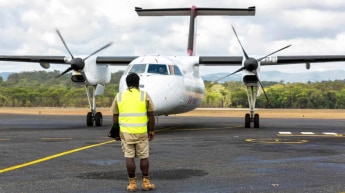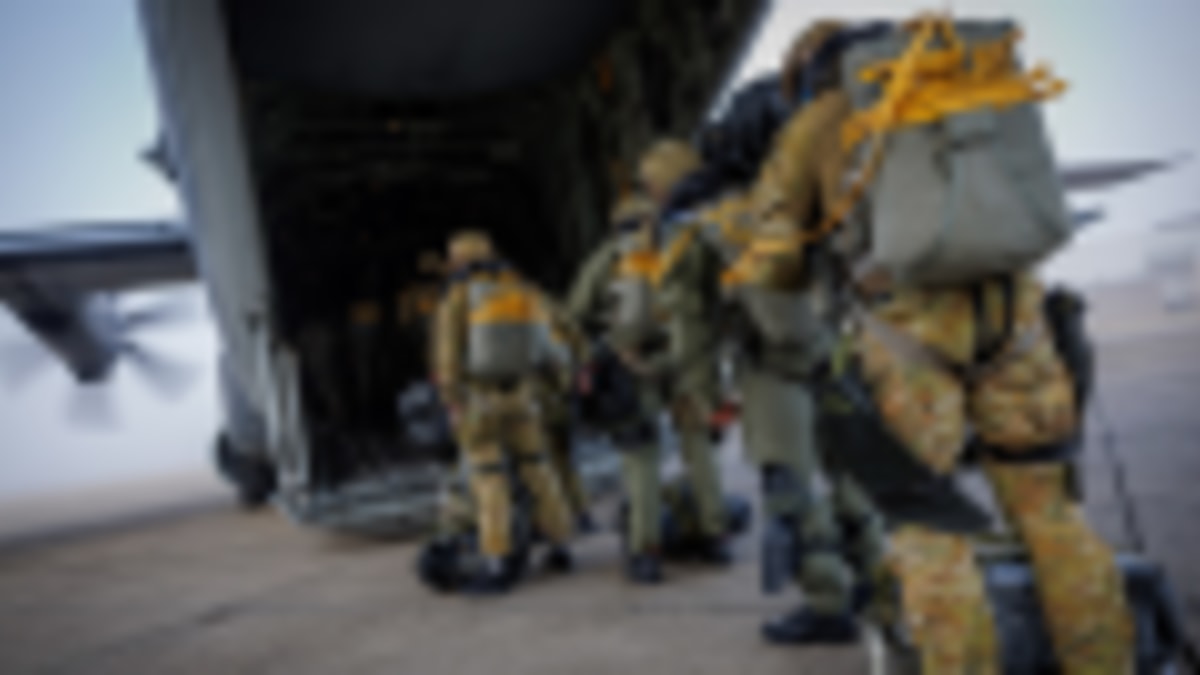
Qantas has said 75 per cent of customers booked to travel with its Western Australian FIFO subsidiary were able to fly on Wednesday despite strike action.
The protected industrial action by pilots from Network Aviation grounded half of the Flying Kangaroo’s flights within the state, forcing it to redeploy 737s and turn to other charter operators to fill the gap.
Network Aviation chief operating officer Trevor Worgan lambasted the Australian Federation of Air Pilots for going ahead with the strike.
“Our offer provides Network Aviation pilots up to 25 per cent pay increases immediately and other benefits, but the union is demanding unreasonable increases of more than 50 per cent,” said Worgan.
“It’s disappointing that they are continuing with their disruptive strike action, which has been timed to hurt travellers during the busy school holiday period.
“We’ve protected as much flying as we possibly can, but unfortunately, our contingency options can only cover part of our regular schedule and we have had to cancel dozens of flights.”
Network Aviation operates more than 300 weekly flights, with regular services from Perth Airport and charter flights for mining, corporates, and emergency freight.
The strike action was announced on Friday and saw more than 99 per cent of AFAP pilot members vote to take industrial action. In total, 209 of the 211 AFAP members eligible to participate submitted a vote.
Network Aviation pilots are currently paid under a 2016 agreement that expired three years ago and includes starting salaries of $175,000 for captains and $107,000 for first officers.
A new deal, rejected by pilots, would see an immediate pay rise of up to 20 per cent in the first year, followed by an annual increase of 3 per cent a year and sign-on bonuses of $7,000.
This, though, is partly funded by offsets as part of the wages policy of the larger Qantas Group.
AFAP’s senior industrial officer Chris Aikens said in a statement that the union is “disappointed” that it had to take the industrial action, and that it had been hoping to resume discussions with Network as recently as Tuesday afternoon to avoid the strike.
“The decision to embark on protected industrial action has not been made lightly. Negotiations on an expired Enterprise Agreement have come to nothing, leaving most Network Aviation pilots with wages and conditions that are well below industry standards,” he said.
“Domestic pilots flying passenger and charter flights around WA have been trying to reach an agreement with the Qantas since March. Many of these pilots earn less than what is included in the Air Pilots Award which is the bare legal minimum.
“Network Aviation’s pilots are simply asking for something that is affordable and sustainable for the company and its workforce. The AFAP remains open to meeting with the company to progress negotiations in good faith in order to reach an agreement.”
Network Aviation was bought by Qantas in 2010 and operates a fleet of more than 30 aircraft.















